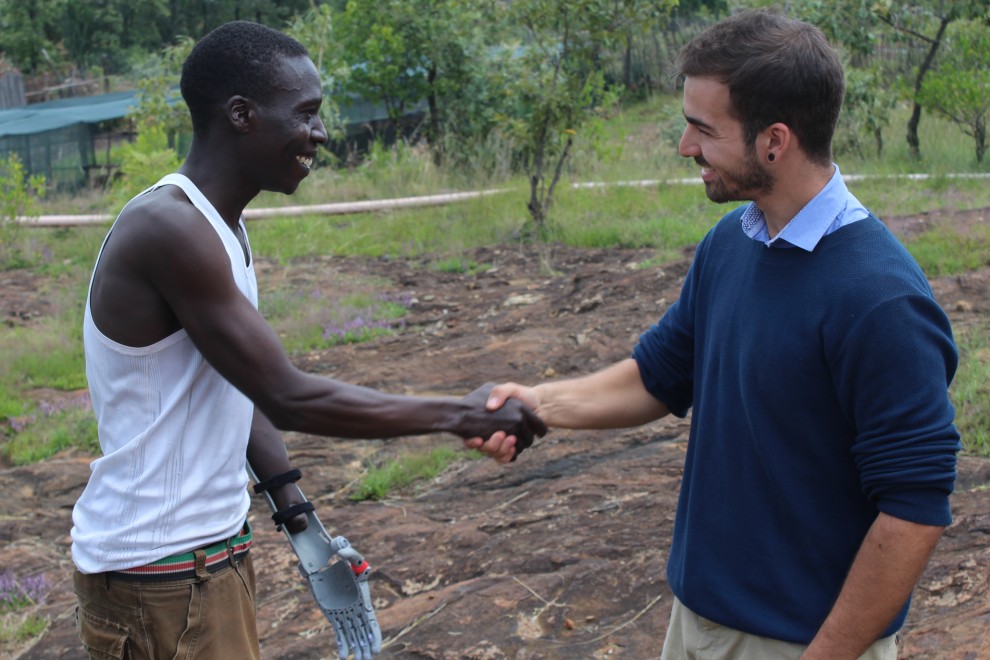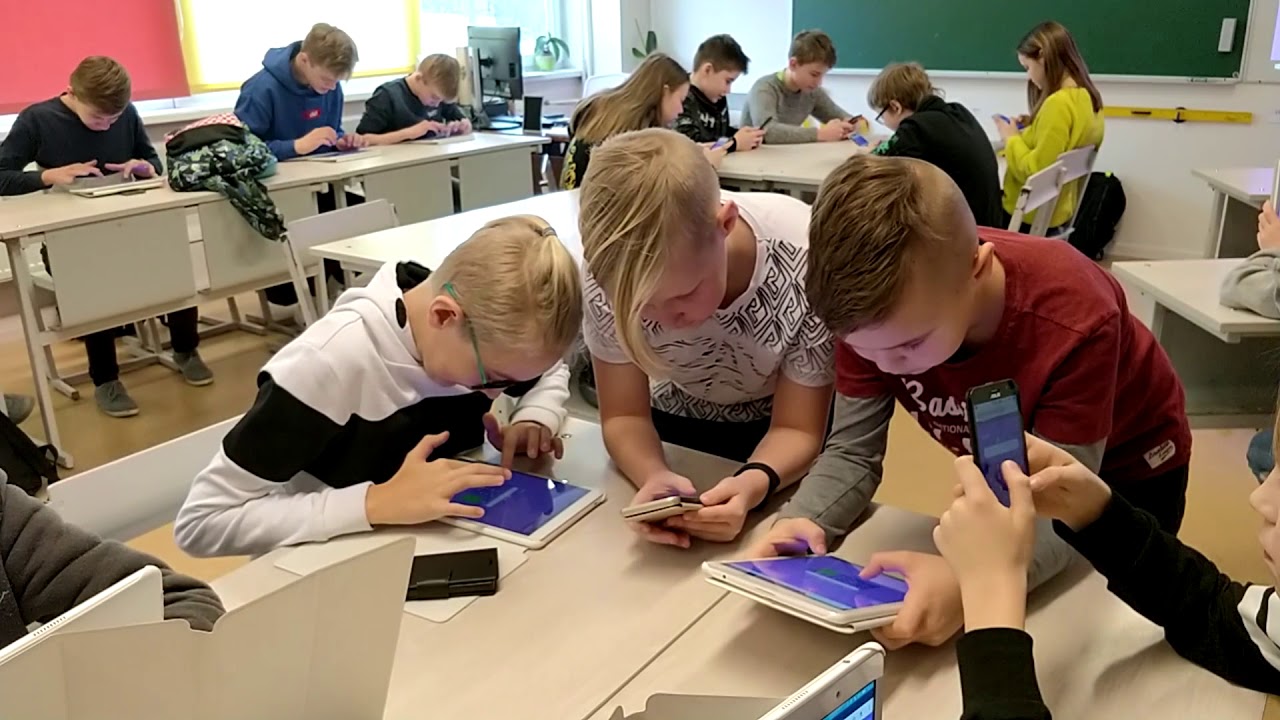If our life is digital, injustice is digital too.
28-year-old computer scientist Rediet Abebe is forging a new path by using algorithms and artificial intelligence (AI) for social good — to improve “access to opportunity” for historically disadvantaged communities.
She’s the founder of Black in AI, which has spent three years fighting to increase the presence of Black people in Artificial Intelligence. She’s one of only five computer scientists in history to be selected for a three-year fellowship through the Harvard Society of Fellows.
And, in December 2019, Abebe became the first Black woman to graduate with a computer science PhD from Cornell University.
Excited to close out the year by sharing that our report and recs to the NIH Advisory Committee to the Director were accepted and recommended by the ACD to be acted on by the NIH!
Report: https://t.co/Qrghmx5kK4
Presentation by David Glazer: https://t.co/z18C9A2dt21/4
— Rediet Abebe ረድኤት (@red_abebe) December 20, 2019
Rediet Abebe, a history
Born and raised in Addis Ababa, Abebe stresses that she is a proud graduate of the Ethiopian National Curriculum. She moved to the US to study for a degree in mathematics at Harvard University, which she completed in 2013. After further mathematics study at the University of Cambridge — a city in which she heard more about inequality facing residents — she decided to dedicate and combine her love of numbers and social policy.
“I realized that actually, if you do computer science or applied mathematics and ultimately other fields, you can work on these really interesting challenging mathematical questions you can do a lot of data-driven work, you can play with data,” she told the Cornell Sun.
“But you can also think about problems that affect society immediately.”
As she explains to the paper, she wants to use AI to help low-income families deal with shocks such as missed paychecks. During her research, she’s developed a new welfare model and intervention method; helped measure poverty and other social problems; and combated segregation in networks and disparities in access to health information.
Abebe has given talks at Harvard, Colombia and Northeastern Universities. She co-founded the Mechanism Design for Social Good, an interdisciplinary, multi-institutional research initiative and workshop series.
She’s become a strong voice for diversity and inclusivity in tech and in society — ensuring more people are given opportunities, and inherent biases are tackled.




